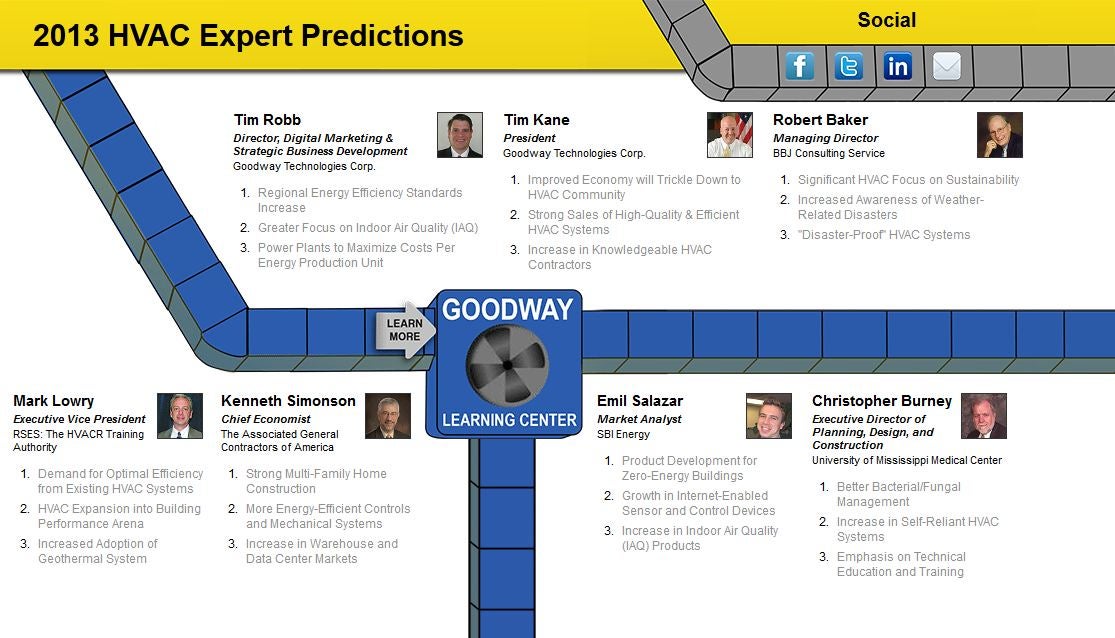The Future Of Home Home Heating - Exactly How Heat Pump Technology Is Advancing
The Future Of Home Home Heating - Exactly How Heat Pump Technology Is Advancing
Blog Article
Article Author-Skaaning Goff
Heat pumps will certainly be an essential modern technology for decarbonising home heating. In a scenario constant with governments' revealed energy and climate dedications, their worldwide ability doubles by 2030, while their share in home heating rises to one-quarter.
They work best in well-insulated homes and depend on electricity, which can be supplied from a renewable power grid. Technical advancements are making them more effective, smarter and less expensive.
Fuel Cells
Heatpump use a compressor, refrigerant, coils and followers to relocate the air and warm in homes and appliances. They can be powered by solar power or electrical power from the grid. They have actually been getting appeal because of their affordable, peaceful operation and the ability to produce power during peak power need.
Some business, like IdaTech and BG MicroGen, are working on fuel cells for home heating. These microgenerators can change a gas boiler and produce a few of a house's electrical requirements with a link to the electricity grid for the rest.
However there are factors to be doubtful of using hydrogen for home heating, Rosenow states. It would be pricey and inefficient compared to various other modern technologies, and it would certainly contribute to carbon discharges.
Smart and Connected Technologies
Smart home modern technology allows property owners to connect and regulate their devices from another location with using smartphone applications. For example, clever thermostats can discover your home heating preferences and immediately adjust to optimize energy consumption. Smart lights systems can be regulated with voice commands and automatically switch off lights when you leave the space, decreasing energy waste. And wise plugs can keep track of and handle your electrical use, enabling you to determine and restrict energy-hungry home appliances.
The tech-savvy home depicted in Carina's interview is an excellent picture of just how passengers reconfigure space home heating practices in the light of new clever home modern technologies. They rely on the devices' computerized functions to perform everyday modifications and concern them as a convenient ways of performing their heating methods. Because of this, they see no factor to adapt their methods better in order to allow flexibility in their home energy need, and treatments aiming at doing so may face resistance from these households.
Electricity
Considering that warming homes represent 13% people emissions, a button to cleaner choices might make a large distinction. But mitsubishi heat pump service christchurch challenges: It's expensive and requires substantial home restorations. And it's not constantly compatible with renewable energy resources, such as solar and wind.
Up until recently, electrical heatpump were as well expensive to compete with gas versions in the majority of markets. However new innovations in style and materials are making them much more inexpensive. And better cool climate efficiency is enabling them to function well also in subzero temperatures.
The next step in decarbonising home heating may be using heat networks, which attract heat from a central source, such as a close-by river or sea inlet, and disperse it to a network of homes or structures. That would certainly lower carbon exhausts and allow families to make use of renewable resource, such as environment-friendly electrical power from a grid provided by renewables. mitsubishi electric heat pumps would be much less expensive than switching to hydrogen, a fossil fuel that calls for brand-new facilities and would just minimize carbon dioxide discharges by 5 percent if coupled with boosted home insulation.
Renewable resource
As power prices drop, we're beginning to see the exact same fad in home heating that has driven electrical cars right into the mainstream-- however at an even quicker pace. The strong climate case for impressive homes has actually been pushed better by new study.
Renewables account for a substantial share of modern-day warmth intake, but have been provided minimal policy interest globally contrasted to various other end-use industries-- and also much less focus than electrical energy has. Partly, https://www.prunderground.com/if-youre-looking-for-top-notch-hvac-services-in-central-point-or-my-advance-air-is-the-way-to-go/00267178/ mirrors a mix of consumer inertia, divided motivations and, in numerous countries, aids for nonrenewable fuel sources.
New modern technologies could make the shift much easier. For instance, heat pumps can be made extra energy reliable by changing old R-22 cooling agents with new ones that don't have the high GWPs of their precursors. Some experts also visualize district systems that attract warmth from a close-by river or sea inlet, like a Norwegian arm. The warm water can then be made use of for heating & cooling in a neighborhood.